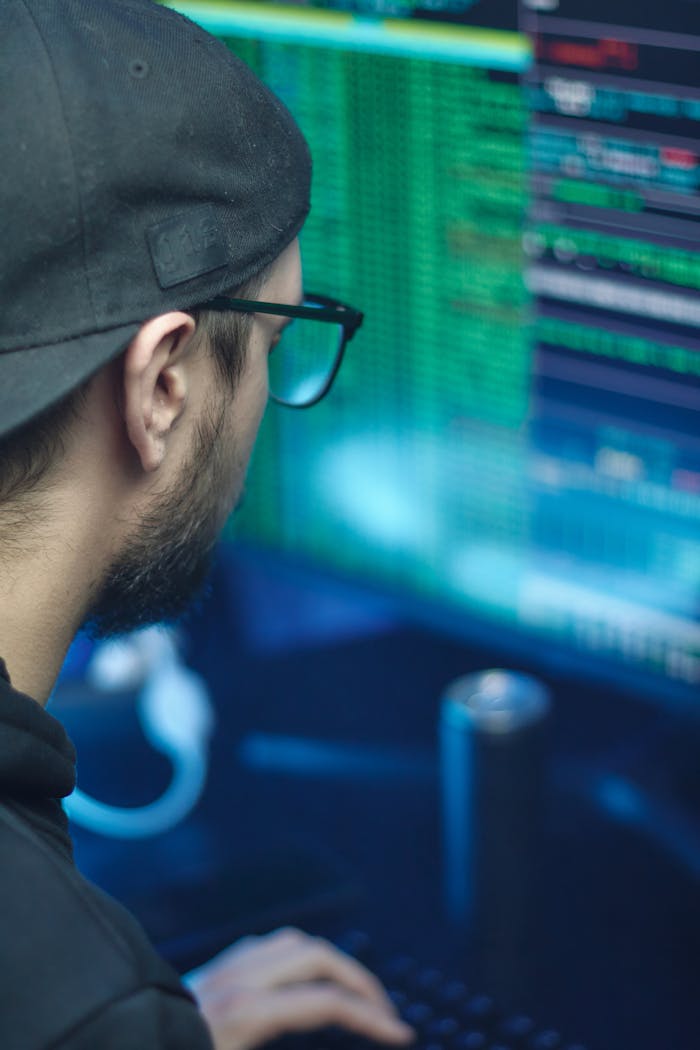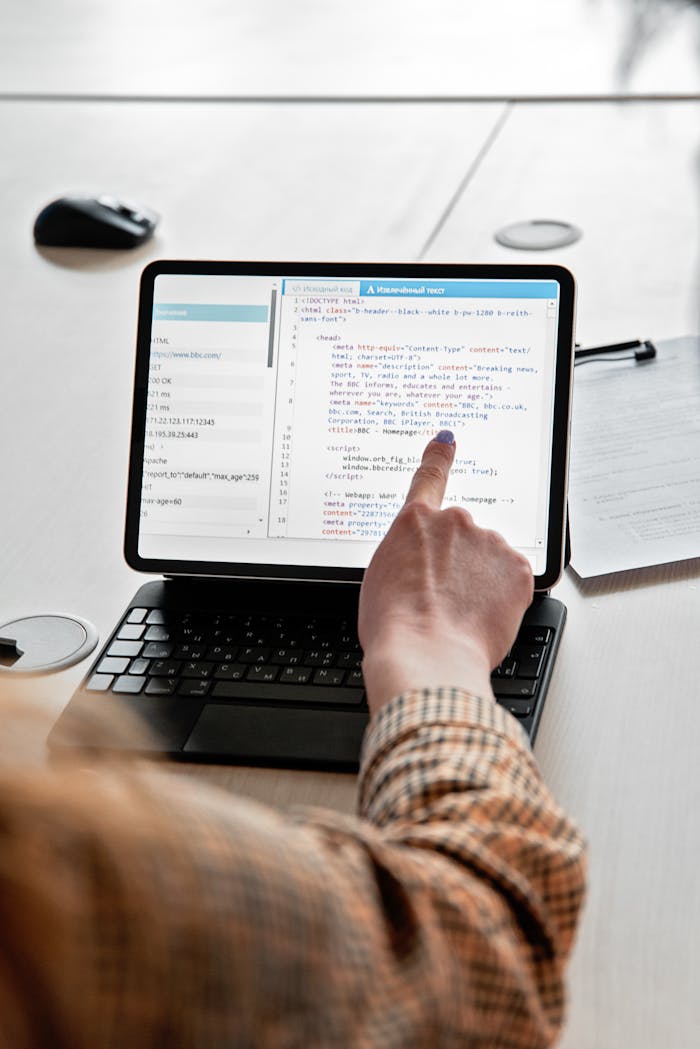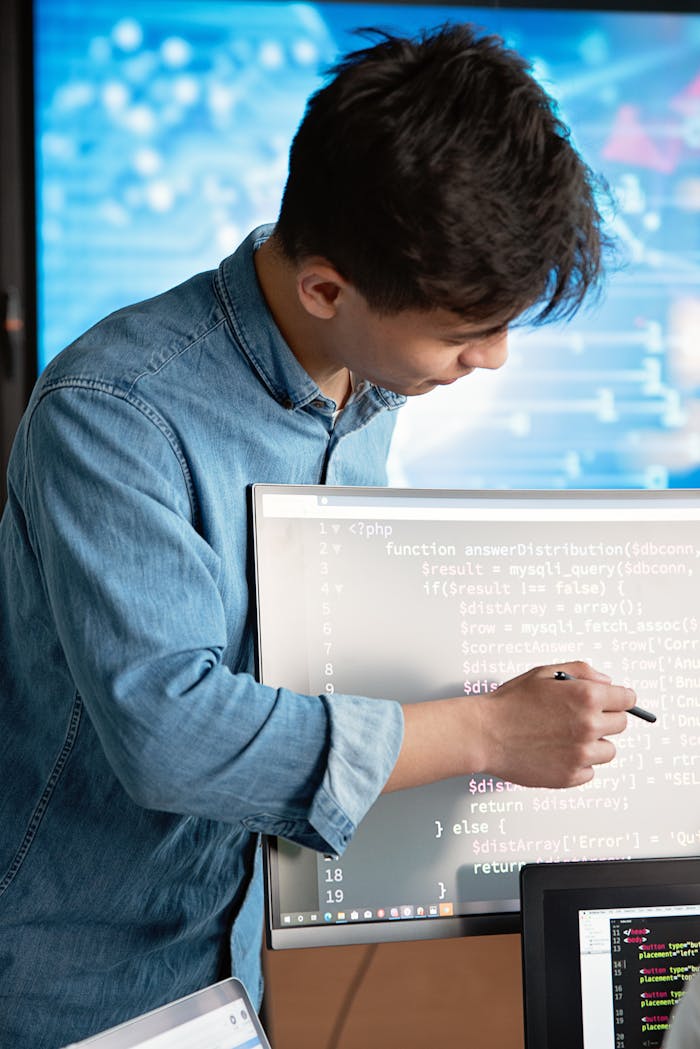Artificial intelligence is no longer just a concept from science fiction. It is now a powerful tool that is changing how we work, think, and create. From writing and coding to organizing information and generating ideas, AI tools like ChatGPT, Midjourney, and GitHub Copilot are quickly becoming part of everyday life. But the real value comes not just from using these tools, but from learning how to use them effectively.
AI offers incredible potential to boost productivity and creativity. It can help you write faster, design smarter, and solve problems more efficiently. Tasks that used to take hours, such as summarizing reports or brainstorming ideas, can now be completed in minutes. By handling routine and repetitive work, AI gives people more time to focus on big-picture thinking and creative decision-making.
However, AI is not magic. It can make mistakes, give unclear answers, or miss the point if it is not guided well. This is why learning to use AI properly is so important. It is not enough to simply type in a request and accept whatever comes back. Users need to learn how to ask the right questions, recognize when the output is useful, and make adjustments when it is not. Good AI users treat the tools as partners, not as replacements.
Knowing how to work with AI is becoming an essential skill, just like knowing how to search the internet or create a presentation. Whether you are a student, a teacher, an artist, or a business professional, understanding how to collaborate with AI can help you stand out. The people who take the time to develop this skill will be more adaptable, more efficient, and more prepared for the future.
In the end, learning to use AI tools is not about keeping up with a trend. It is about preparing for a world where technology and human creativity go hand in hand. Those who embrace this new way of working will have the confidence and ability to lead in any field. The future belongs to those who can think clearly, act wisely, and use their tools well and AI is one of the most powerful tools we have.



